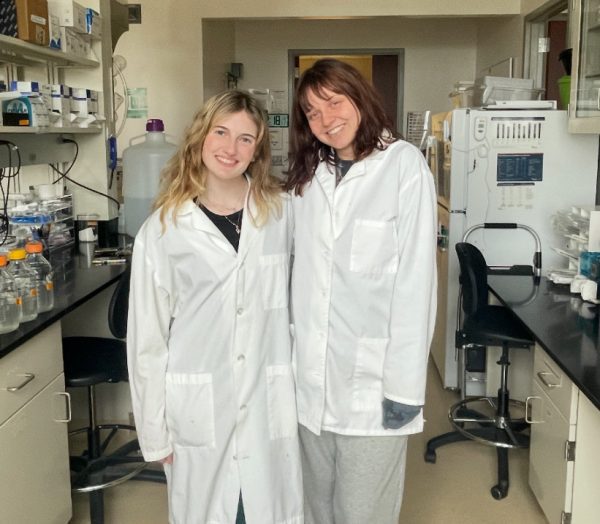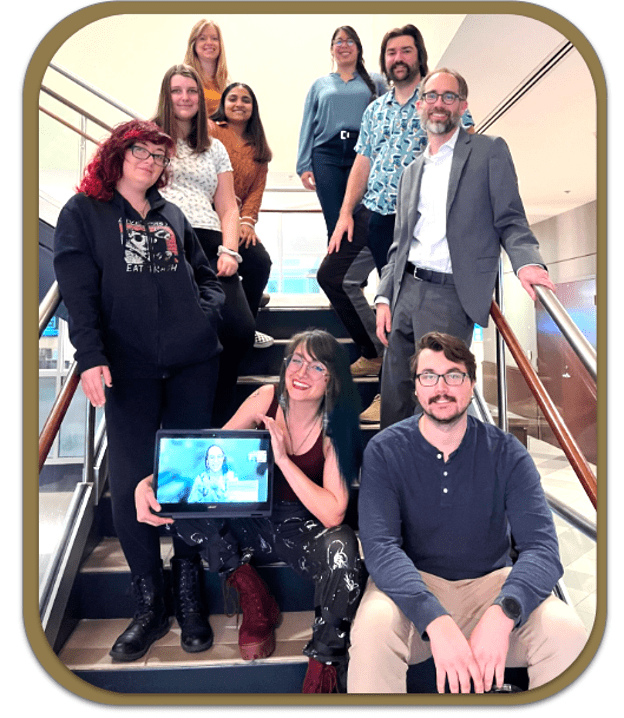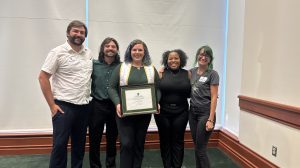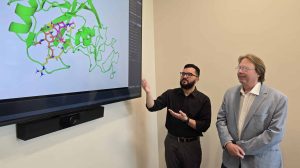Homepage
CIPHER is a university-wide research center with constituents from the College of Computing and Informatics, College of Liberal Arts and Sciences, College of Engineering, College of Health and Human Services, and the College of Education. Our goals are to coalesce expertise in computer science, bioinformatics, software and information systems, biological sciences, math, geography, public health, data science, education, and communications.
Featured News
Recent News Videos
Check out the CIPHER Podcast
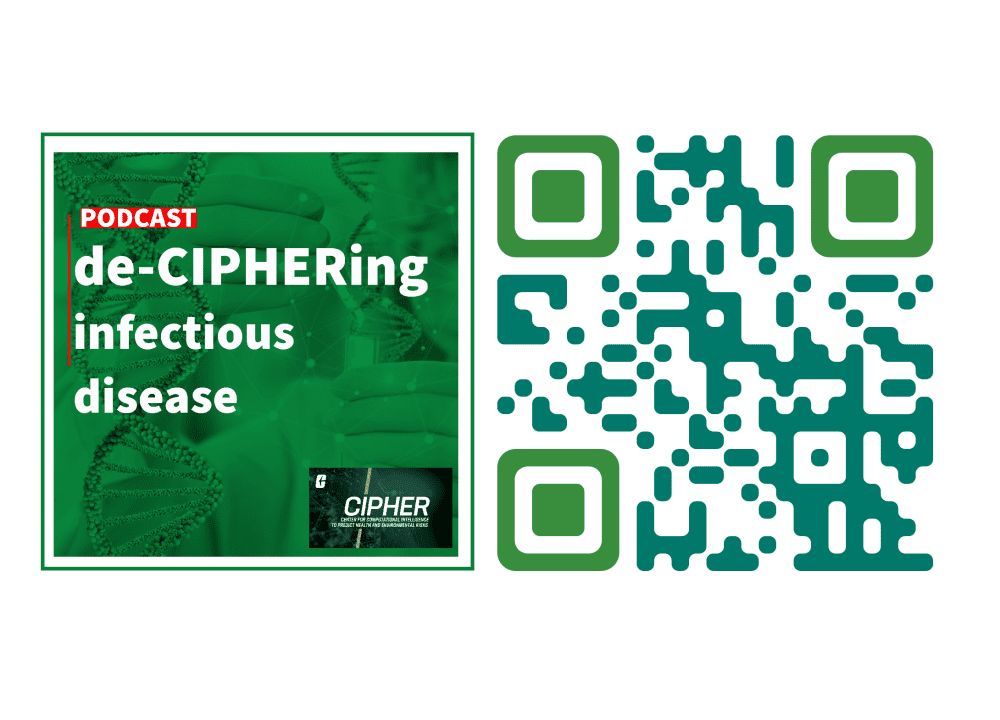
explores the cutting-edge interdisciplinary research happening at UNC Charlotte’s CIPHER Research Center. Each episode features an in-depth interview with one of CIPHER’s researchers, allowing them to discuss their background, current projects, and the exciting team science approach they take to tackle complex issues at the intersection of health, environment, data science, genomics, infectious disease, and more.
More CIPHER News
innovative and agile research that values an interdisciplinary approach to problem solving.

